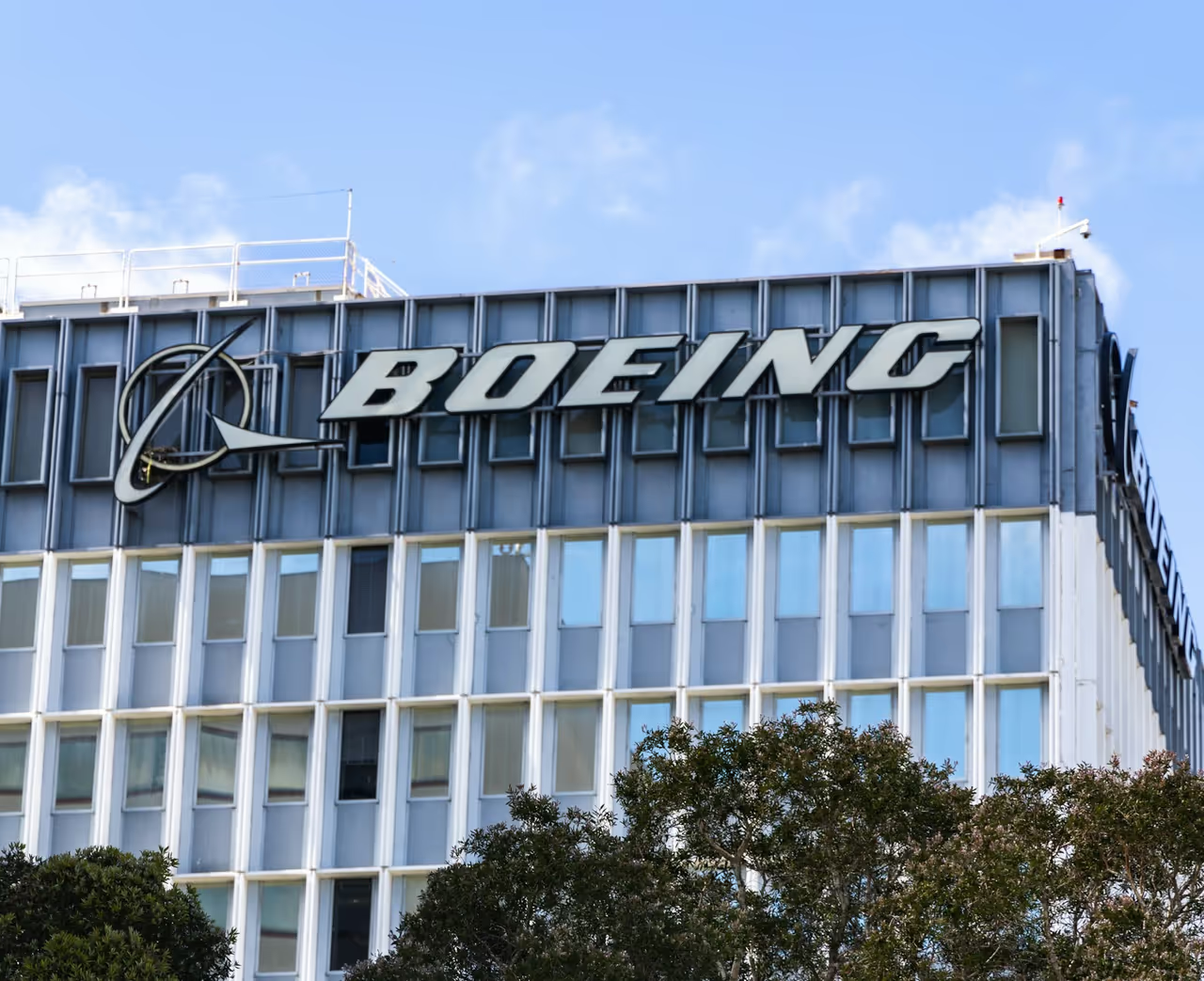
By Chris Spiker From Daily Voice
A federal judge in Texas closed the criminal case involving two deadly Boeing 737 Max crashes despite criticizing the Department of Justice's deal with the aerospace giant.
US District Judge Reed O'Connor granted the DOJ's motion to dismiss its conspiracy case against The Boeing Company on Thursday, Nov. 6. The decision ends years of legal battles after a combined 346 people were killed in the crashes of Lion Air Flight 610 in Indonesia in 2018 and Ethiopian Airlines Flight 302 in 2019.
Despite siding with the DOJ, O'Connor said that the victims' families were right to criticize the Trump administration's non-prosecution agreement, which allows Boeing to avoid a trial.
"Given Boeing's history related to this case (and the government's continued failure to gain Boeing's compliance), the [victims' families] are correct that this agreement fails to secure the necessary accountability to ensure the safety of the flying public," O'Connor wrote in his order.
The DOJ asked to dismiss the case after reaching the new deal in May. Prosecutors argued that the agreement "guarantees further accountability and substantial benefits from Boeing immediately" without the uncertainty of a trial.
Boeing will avoid a felony conviction in exchange for paying or investing more than $1.1 billion, CNBC reported. The Arlington, Virginia-based company will pay a $487.2 million criminal fine (with $243.6 million credited from a previous payment), $444.5 million for a new fund for crash victims, and $445 million for compliance and safety programs.
The DOJ first charged Boeing in January 2021 with conspiracy to defraud the US, accusing the company of misleading the Federal Aviation Administration about a flight-control system later implicated in both crashes. Later in 2021, Boeing entered a deferred prosecution agreement to avoid conviction if it followed specific compliance requirements.
The new deal also allows Boeing to appoint its own "compliance consultant," which O'Connor called a "weakened provision."
"It does not even pretend to address the need for a truly independent compliance monitor given Boeing's troubling history leading up to the Lion Air Flight JT610 and Ethiopian Airlines Flight ET302 crashes and then, while under intense scrutiny by the government, its breach of the [deferred prosecution agreement]," O'Connor wrote.
In 2024, prosecutors said Boeing violated the deferred prosecution agreement by failing to design and enforce an internal ethics and compliance program to detect fraud. O'Connor rejected a proposed plea agreement in December 2024, saying Boeing would have had veto power over the appointment of an independent monitor.
Some victims' relatives supported the DOJ's latest resolution, while others called it a sweetheart deal.
"This kind of non-prosecution deal is unprecedented and obviously wrong for the deadliest corporate crime in US history," attorney Paul Cassell said in May.
Javier de Luis, whose sister died in the Ethiopian Airlines crash, blasted the DOJ's agreement.
"It does not provide accountability, since no one is held criminally responsible and the fine amounts can be considered as just the cost of doing business," de Luis said. "It provides no public benefits in the form of safer airplanes. Five years after the deadly crashes, a door fell off a Boeing airplane. If Boeing didn't fix its problems in the five years since my sister's death, what makes the DOJ think that it will do so under this agreement?"
The case dismissal came one day after Boeing reached civil settlements with families of Ethiopian Airlines crash victims.

 Daily Voice
Daily Voice
 WRAL News
WRAL News Oscoda Press
Oscoda Press KMBC
KMBC The Northern Virginia Daily
The Northern Virginia Daily WTVR CBS 6
WTVR CBS 6 CBS19 News Crime
CBS19 News Crime NBC12
NBC12 Raw Story
Raw Story Mediaite
Mediaite Vanity Fair
Vanity Fair